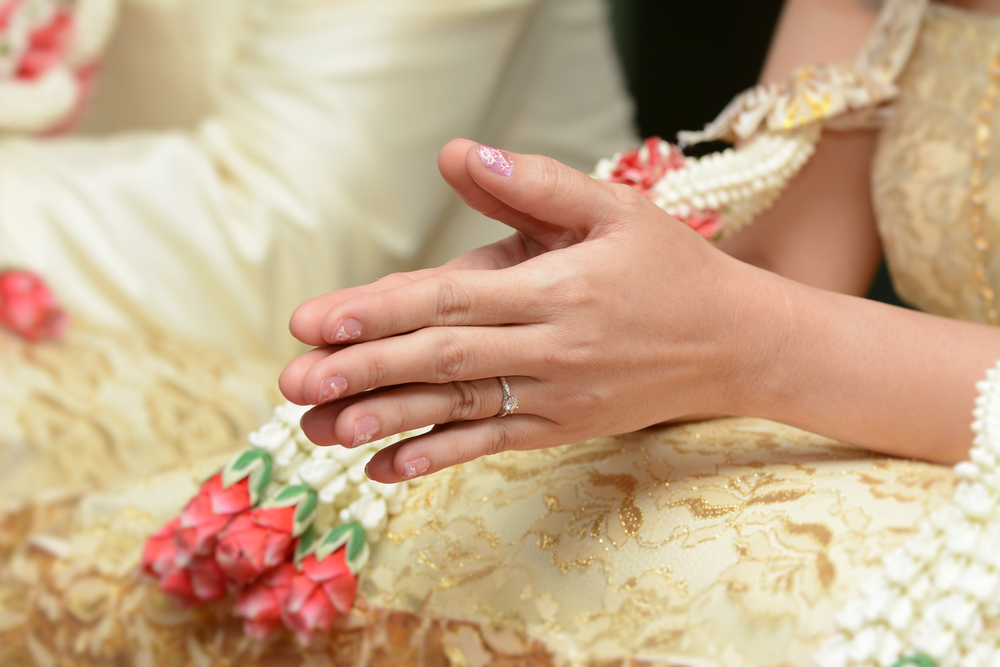
When you know you’ve found the one you want to spend forever with, it’s an incredible feeling. It’s even better when the feeling is mutual and that person has pledged to take your hand in marriage. Now you can focus on all the details necessary to officially become spouses, including the marriage ceremony. Love is a spectacular thing, drawing various couples together, including adherents of different faiths. Here are some tips to consider for having an interfaith wedding.
Coming Up With a Plan For Your Interfaith Wedding
There’s generally no set rule as to how long your engagement period should be. While most couples marry within a year, you should take as much time as necessary to come up with a plan. If there’s no agreement that either of you will convert to the other’s faith system, then you’ll need to be intentional about crafting a wedding ceremony that honors your religions. Think about the most important elements of the applicable religious traditions, and prioritize the ones each of you value the most. If there will be other adherents at the ceremony, especially parents, be mindful of them. While it’s your special day, it should be a joyous occasion for all.
Working Together
Think about who will be officiating your nuptials. Let’s suppose you are Catholic and your partner is Protestant; it might be easier to envision a ceremony that’s solemnized by one officiant. If your religious beliefs are a bit more divergent, you may have to plan for a wedding that involves more than one officiant. It’s critical that you find out what is required ahead of time and make your intentions known. You, your spouse-to-be, and the officiants should work together to come up with a program that is compliant with marriage requirements and honors both of your faiths.
Showing and Telling
An interfaith wedding ceremony is a fine opportunity to educate and enlighten others about your partner’s belief system as well as your own. Your guests are there to celebrate the two of you and help you make it a day (or night) to remember. Share with them your decision to have an interfaith wedding, and be intentional about the religious elements that the two of you chose to incorporate into your nuptials.
Planning Your Interfaith Wedding
Your actual ceremony can acknowledge multiple faiths in different ways. You can have loved ones read excerpts from sacred texts. Make room in the ceremony for musical selections that are representative of your beliefs. Honor the fact that the two of you are united by a love that is stronger than your differences.
Decorating With Intention
Décor is a great way to include symbols and elements of your religions. For example, a chuppah is a canopy that you and your partner would stand under during a Jewish wedding. You could incorporate symbols or tapestries from another faith into a chuppah to represent both. Venues such as churches, mosques, and synagogues may have strict rules about what can be displayed, so consider going with a neutral, non-religious location for more flexibility. Speaking of décor, your reception and even rehearsal dinners are other opportunities to acknowledge one or both of your spiritual backgrounds.
Consulting Your Wedding Planner
If you’re working with a wedding planner, make your intentions known early. Your hired professional may have experience putting together an interfaith wedding ceremony. That person may also have other ideas about the best ways to incorporate your traditions and customs into one day of celebration. A wedding planner is there to help turn your dreams and ideas into a beautiful reality. When you’re ready to tie the knot, you can do so with the confidence that comes with knowing that you share a connection that runs deeper than anything that could divide you, including your religious backgrounds. You have the prime opportunity to come up with an interfaith wedding ceremony that is symbolic of the relationship up to this point and the union ahead.

